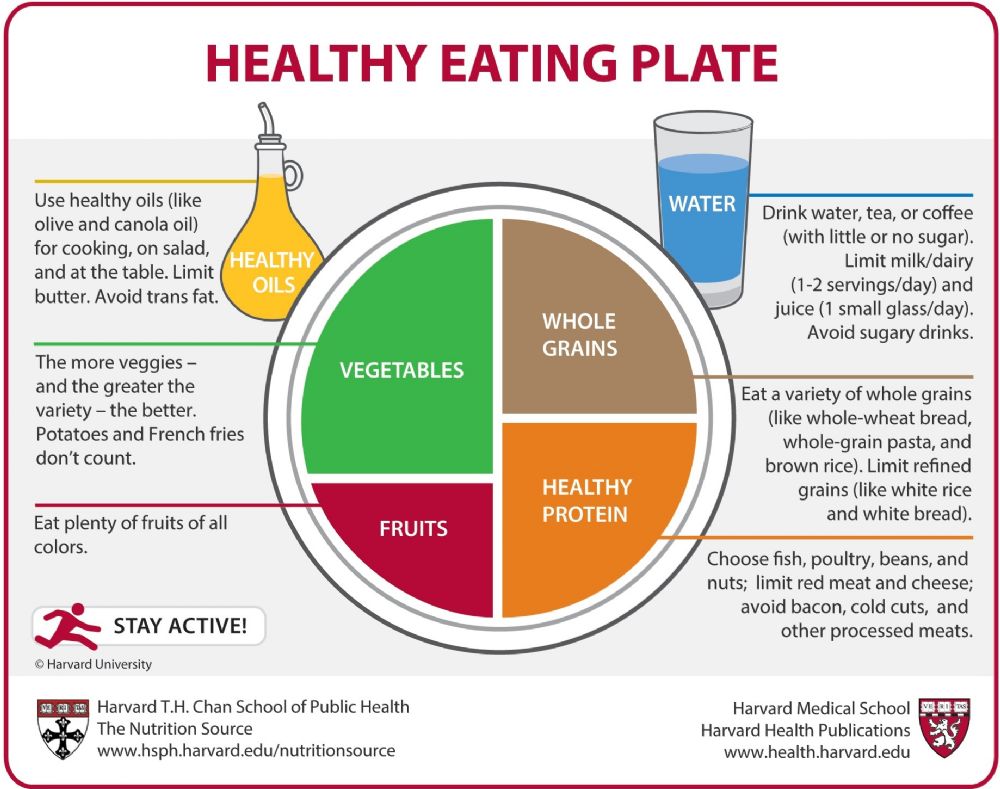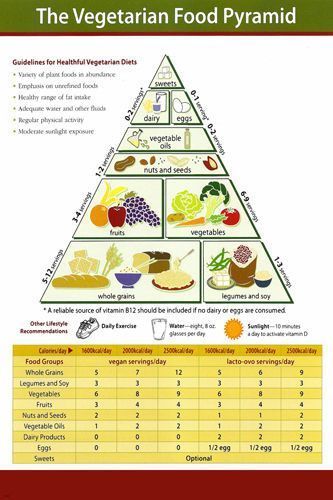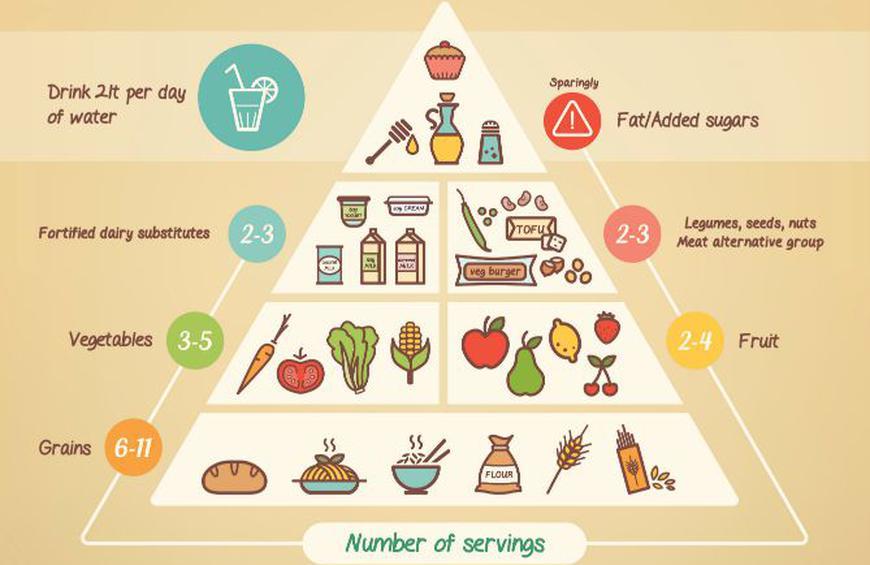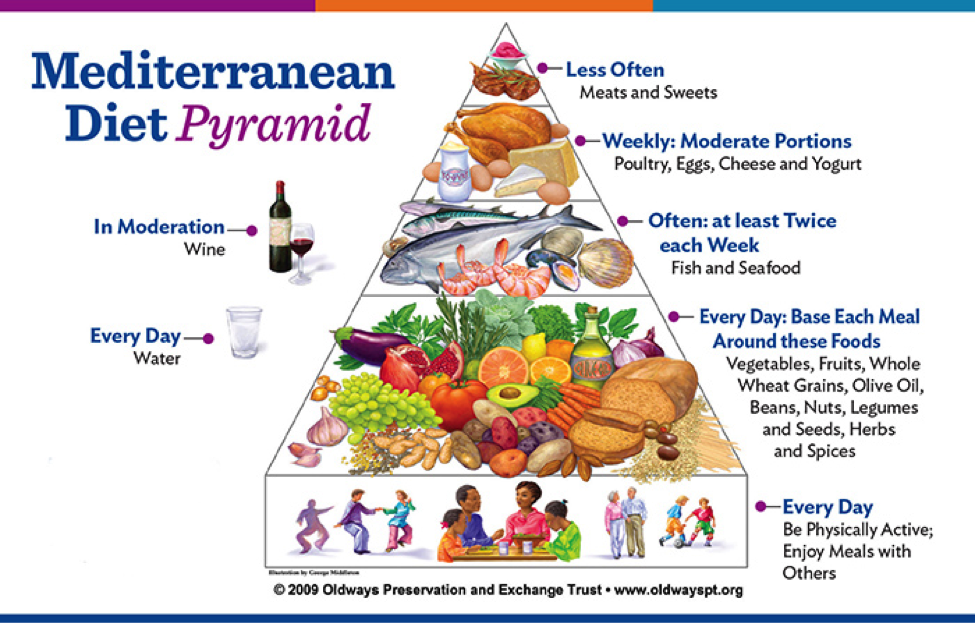What do we even mean by "A Balanced Diet"?
Listed Under: Blog
A healthy diet relates to the principles of eating well so that our bodies function optimally and we don't suffer any sense of "dis-ease". This can generally be achieved by eating a variety of foods every day, and eating from all the major food groups, which then covers our nutritional needs across the board. If we partake in increased physical exercise, have a fast or a slow metabolism, are under significant or prolonged stress, are growing (eg - pregnancy or childhood) or are elderly, these nutrient requirements may be slightly different and this is where seeking the advice of someone working in the field of nutrition can be invaluable.
Whatever you eat or do not eat has a direct impact on your health, prevention of disease and on the expression of your genetic inheritance.
Ideally we are looking for the following :
- Eat from all major food groups
- Eat regularly
- Focus on wholefoods - as natural as they come
- Try to eat local and/or organic where possible
- Ensure snacks are nutrient rich not empty calories
- Avoid junk foods
All of which seems pretty much like common sense right?
On top of that, a healthy lifestyle should include :
- Taking regular exercise
- Reducing our intake of sugar, salt, saturated fats, stimulants, drugs, maybe even some pharmaceuticals
- Avoiding smoking or vaping
- Adopting some 'anti-stress' practices such as meditation
Our bodies are reliant on 7 major nutrients ; Carbohydrates, Proteins, Fats, Vitamins, Minerals, as well as Water and Enzymes. These come from our 4 main food groups - Breads and Cereals, Meat and Fish (legumes and pulses for vegans/vegetarians) , Milk/Dairy (fortified soya or nut products for vegans) and Fruit and Vegetables.
In 2011, Harvard University developed the Eatwell Plate Model, a handy interpretation of the proportions of each of our key food groups that make up a healthy diet in the Western World.
https://www.hsph.harvard.edu/nutritionsource/healthy-eating-plate/

In general terms, this advocates one quarter of a plate each of whole grains and healthy proteins and at least one quarter, if not more, of vegetables. Where the meal is more fruit based, the amount of fruit is just less than 1/4 of the overall meal. Healthy fats/oils (not trans fats) are used sparingly, 1-2 servings of dairy is suggested per day and plenty of water is to be sipped throughout the day.
As a simple method to guide us to eat the right proportions of our major food groups and meet our nutrient requirements, the Eatwell Plate works well. However, what happens where our dietary preferences differ from this?
Let's think about building up meals over the course of a day using some of the principles of Food Pyramids. These models of healthy eating are based on the different food groups dictated by an individual's lifestyle choices, but still meet our overall nutrient requirements for optimal health.

The Vegetarian Food Pyramid :
As you can see from the image, the majority of Vegetarian mealtimes will be rich in carbohydrate whole grains. Protein comes from legume and soy based foods. It is interesting that the protein sources advocated are generally plant-based proteins. This is not always the case for the any vegetarians who will happily eat eggs as their major source of protein. The next greatest food group consumed is the enzyme, vitamin and mineral-rich fruits and vegetables. Nuts and seeds are used as healthy source of fats, proteins and important minerals and dairy/eggs form the smallest contributors (apart from sweet treats).
The Vegan Food Pyramid :

Similarly for Vegans, the majority of meals are made up of carbohydrate rich whole grains, but here, the meat alternative protein sources and nuts, seeds and legumes form a smaller proportion of the overall daily intake. Further protein will come from the dairy alternatives used, but fruits and vegetables remain a significant contribution to each meal time. It can often be challenging for vegans to eat enough protein to maintain lean muscle and good growth, so supplementation with plant-based protein shakes and powders is not uncommon practice. Once again, healthy fats are used sparingly and sugars limited. At least 2 litres of water should be sipped throughout the day too.
It is crucially important for vegetarians and vegans like to consider their sources of Vitamin D and Vitamin B12. Many of us take in our vitamin D synthesis precursors and cofactors through animal sources, and this is certainly the case for vitamin B12. Therefore, a good quality B12 supplement is recommended to support a Vegetarian or Vegan diet and at least 20 minutes exposure to sunlight every day helps top up the vitamin D levels too. Supplementation with Vitamin D might then be unnecessary.
Mediterranean Food Pyramid :
One of the healthiest diets cited is often the Mediterranean diet - rich in healthy fats, lean proteins, plenty of fruits and vegetables and the odd glass of red wine! Research has shown that the Mediterranean diet is effective in reducing the risk of cardiovascular diseases, suggesting as much as a 25% less risk of developing the disease. Interestingly, this diet model dispels the myth that anyone with or at risk for heart disease must eat a low fat diet.

https://www.hsph.harvard.edu/nutritionsource/healthy-weight/diet-reviews/mediterranean-diet/
The proportions differ slightly from our focus on one quarter of a plate of proteins and one quarter carbohydrates, but throughout all these models, the vegetables add fruit remain the constant champions! "Five a Day" has long been advocated, but this has increased in recent years to a 10 a day challenge, weighted in favour of vegetables over fruit as a way to manage sugar intake.
Maybe when you see this Mediterranean model the addition of a little red wine tips the balance for you! Why not give it a try and see how you feel!
So we have many different options open to us to inspire the way we choose to eat, which shouldn't jeopardise our chances of eating a full, healthy balanced diet. The challenges come when media hype is built up around particular fads for 'cutting out' this and 'achieving dramatic results' with that! These are all too often 'quick-fix' distractions that have far reaching nutritional consequences over time. What is it you are really trying to achieve as you think about your nutrition goals today?
If you are considering any drastic change to your everyday diet, it is always worth getting in touch with your GP or a Nutrition professional for some advice before you begin. I don't believe there is one plan suitable for everyone, but I do believe every plan begins with some of the basic, healthy principles that are outlined here.
So which will you choose?


 loading...
loading...